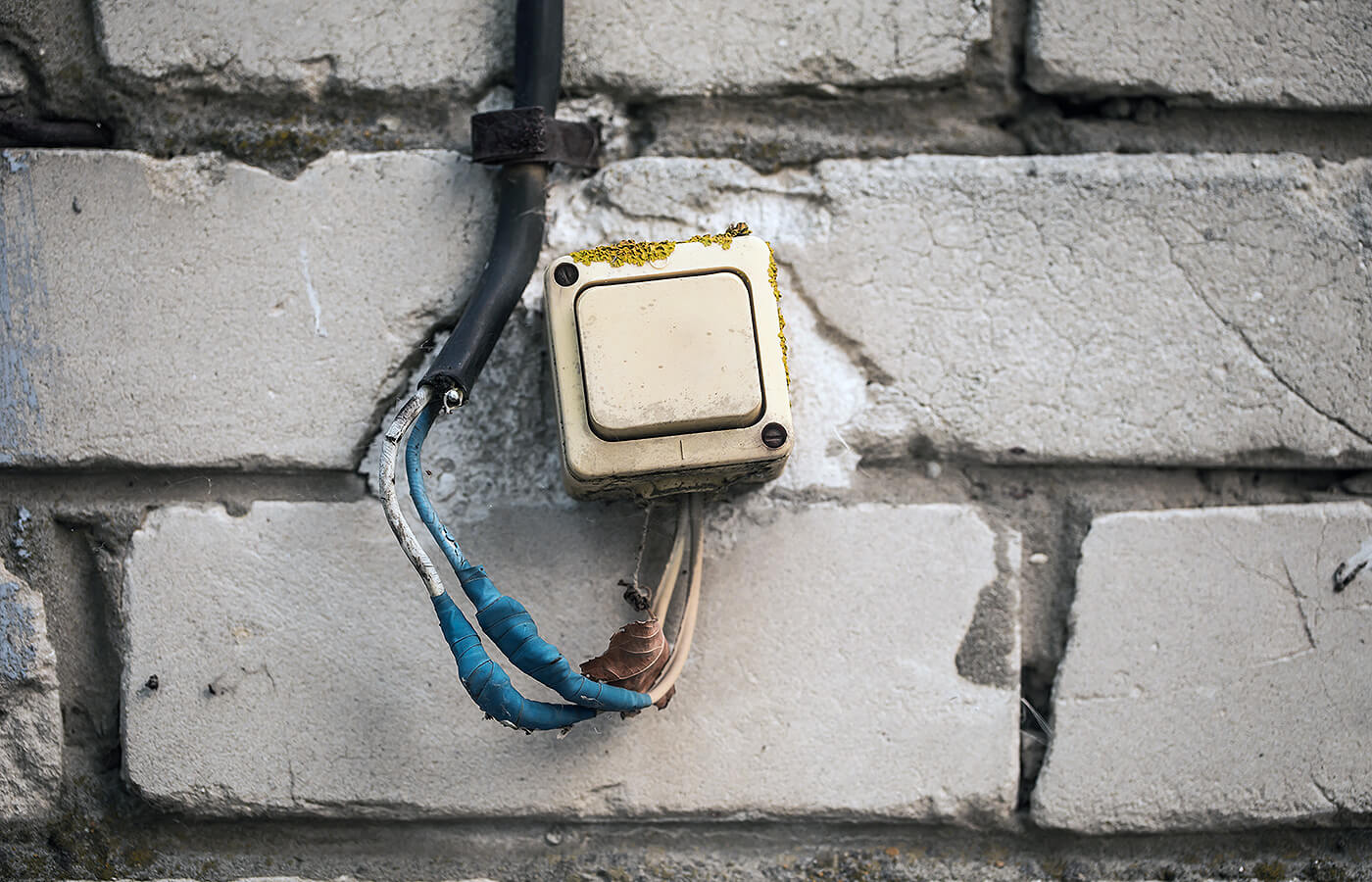Red Flags to Look Out For When Shopping For a Home
When shopping for a house, here are a few home shopping red flags a buyer should be aware of to help identify them.

Buying a home is a significant investment that requires careful consideration. It's essential to approach the home-buying process with a keen eye for potential pitfalls. Of course, working with a real estate professional will help alleviate the concern, but home buyers should be aware of red flags so they can identify them if they pop up. Here are some red flags to be mindful of when shopping for a home.
Structural Issues
The property's structural integrity is one of the most critical aspects to examine. Red flags can include cracks in the foundation, sloping floors, or doors and windows that don't align properly. If you notice any of these signs, it may indicate underlying structural problems that could lead to costly repairs.
Water Damage
Water damage can have severe consequences for a home. Look out for water stains on ceilings or walls and musty odours. Inspect the basement for signs of flooding or dampness. Mould and mildew also indicate water-related issues that will need addressing. Most home sellers will want to create a feeling of nostalgia, and part of that is featuring a pleasant smell in the home. Still, if the aroma is too strong, it may cover up something they don't want you to see - especially in lower-traffic areas.
Faulty Wiring
Outdated or faulty wiring can pose a significant safety risk. Check for flickering lights, outlets that don't work, or a circuit breaker that frequently trips. Rewiring a house can be expensive, so ensuring the electrical system is in good condition is crucial.
Pest Infestations
Unwanted pests can cause extensive damage to a home. During your inspection, look for signs of termites, rodents, or other pests. Tiny holes in wood, droppings, or strange noises could indicate the presence of unwelcome guests.
Neighbourhood Concerns
The neighbourhood plays a vital role in your overall satisfaction with a home. Red flags in the area may include high crime rates, poorly maintained properties, or excessive noise. Research the neighbourhood thoroughly and consider visiting at different times of the day to get a comprehensive feeling of its atmosphere.
Home Inspection Report Issues
If a home inspection reveals a laundry list of problems, it's a clear red flag. While no home is perfect, extensive issues may indicate neglect or deferred maintenance. Pay close attention to the inspection report and discuss any concerns with the inspector.
Unrealistic Price
If a deal seems too good to be true, it probably is. An unrealistically low price may indicate a desperate seller or hidden problems. Conduct market research to ensure the asking price aligns with the current market value for similar homes in the area.
Incomplete or Shoddy Renovations
While a renovated home can be appealing, poorly executed renovations can lead to problems. Look for signs of rushed or incomplete work. Ask for details about recent renovations to ensure professional work and any receipts and warranties.
Unresponsive Sellers
Communication is critical during the home-buying process. It could be a red flag if the sellers are unresponsive or unwilling to address your concerns. A transparent and cooperative seller is essential for a smooth transaction.
Hidden Costs
Be wary of hidden costs that are not apparent, including homeowners' association fees, property taxes, or upcoming special assessments. Understanding the complete financial picture is crucial for making an informed decision.
Home-buying can be meticulous, but this is essential work with long-lasting rewards. Knowing some red flags will help you identify them and ensure that the home you choose is a wise and satisfying investment that you and your family can enjoy for many years.
Published courtesy of Royal LePage® Meadowtowne Realty on Feb 8th, 2024
